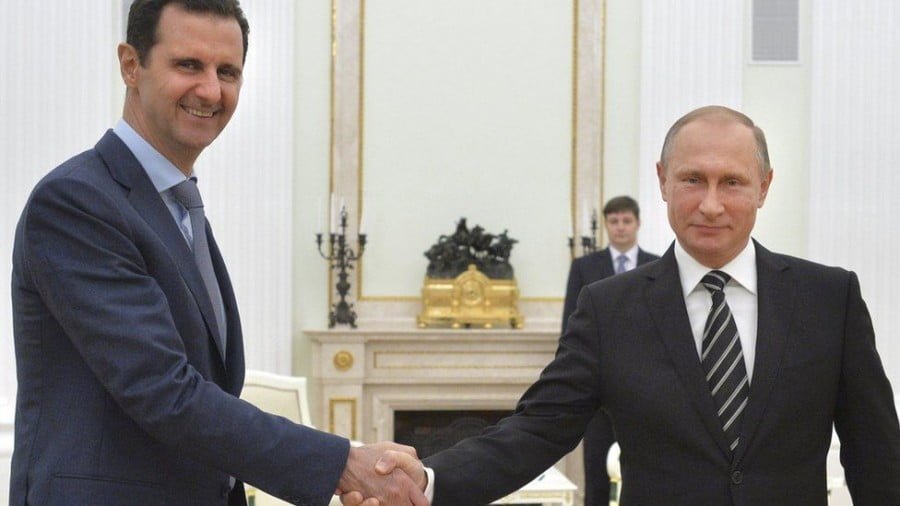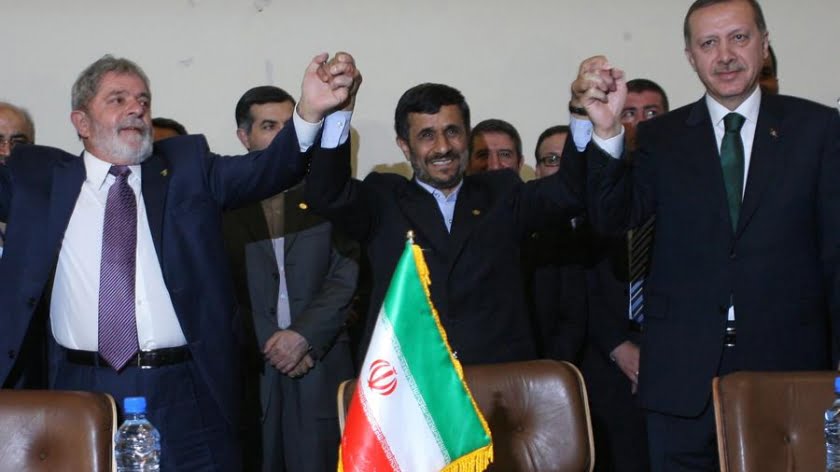India Allowed US Officers to Study Nuclear Submarine Leased from Russia
Moscow suspects that Delhi allowed US Navy representatives on a Russian Shchuka-B nuclear powered submarine, which is used by the Indian Navy under the name of Chakra. This incident may complicate the lease of a second Russian nuclear powered submarine to India, and endangers further collaborative projects between Russia and India, Kommersant reported.
As reported by Strategypage.com, Russia suspected that India was violating the lease agreement and allowing American naval personnel to get a close look at the Russian sub. This is prohibited by the lease agreement, which included a clause that called for a Russian naval officer to be aboard the leased sub at all times to prevent such snooping and to provide technical assistance. Russian officials refused to comment, according to Kommersant.
Kommersant’s anonymous sources in Russian government agencies confirmed that the Indian side committed several “unfriendly acts towards Russian Federation”. The sources claim that after the US naval personnel visited the Vikramaditya (formerly Admiral Gorshkov) aircraft carrier, Russian officials wanted to protest. In this particular case the protests had little effect as the Vikramaditya is property of Indian Navy. But afterwards, the sources claim, the US delegation visited the Chakra submarine. Although theoretically the US Navy representatives wouldn’t learn anything about the inner workings of the sub without the necessary documentation, the delegation had well prepared technicians, who, according to one of the sources, “would have managed to gather some information”.
The Shchuka-B, also known by its NATO reporting name Akula, can submerge for 600 metres (~0,4 mile) and travel at 30 knots. This particular Schuka-B was leased by the Indian government in 2011 for 10 years, and renamed Chakra. The lease is estimated to have costed $650 million. Chakra is situated near Visakhapatnam, and is currently awaiting repairs due to an accident that damaged its sonar dome on October 4. The Indian Navy did not disclose the details of the accident.
These incidents may prove detrimental for the Russian-Indian military relations. In particular, the lease negotiations of a second Russian nuclear powered submarine may stall. India also demonstrated interest in the new Yasen-class submarine, with Russia ultimately deciding not to lease the new sub out of security considerations. These considerations may intensify in the near future, which is the last thing India wants right now, as Pakistan, India’s main geopolitical rival, ordered eight new submarines from China in late 2015.
Source: South Front







